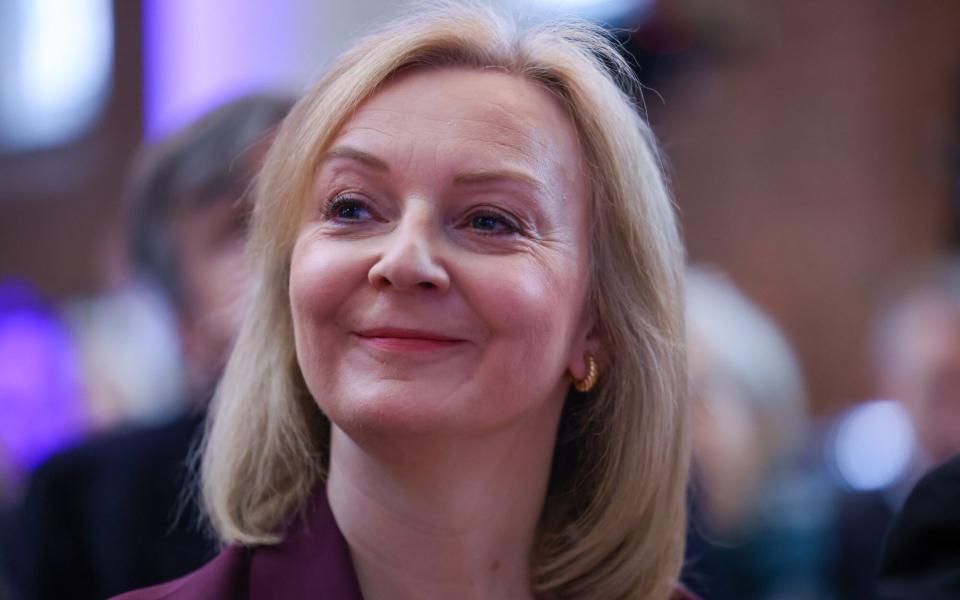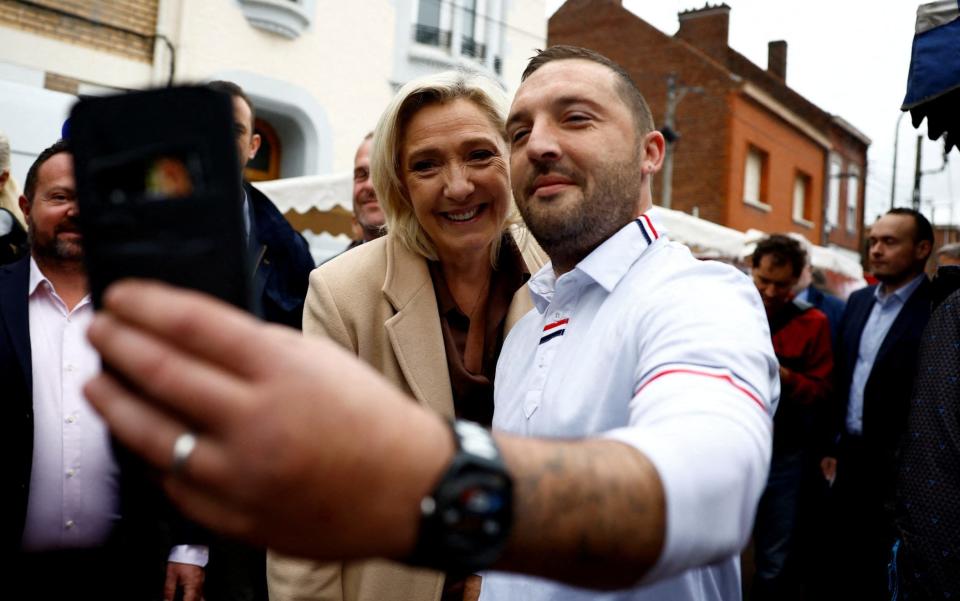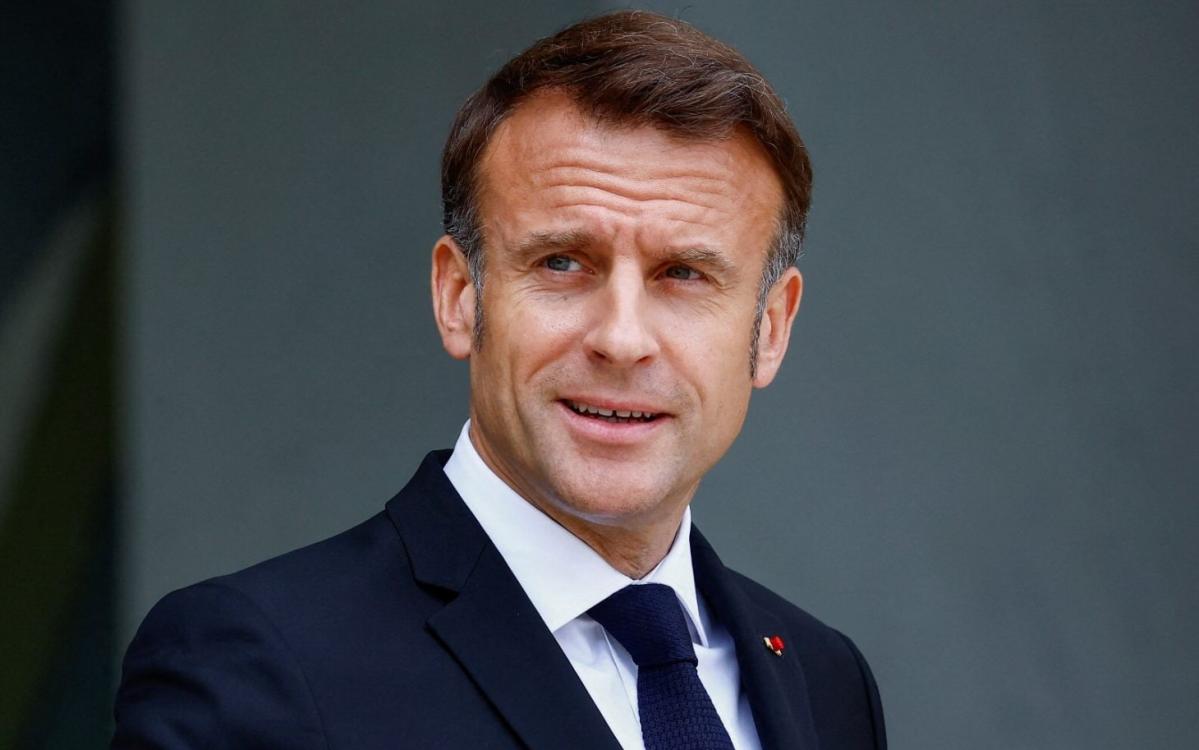Britain has overtaken France to become Europe’s largest stock exchange after Emmanuel Macron’s snap election announcement wiped more than £200bn from the country’s biggest businesses.
Stocks in France were collectively worth $3.13 trillion (£2.47 trillion) on Monday, narrowly below Britain’s $3.18 trillion, according to Bloomberg data.
It marks a reversal in fortunes after France seized London’s crown for the first time 18 months ago.
This came as Britain battled the energy crisis, high inflation, and the financial turmoil sparked by Liz Truss’s ill-fated premiership.


Confidence in French stocks has been rocked ever since Mr Macron announced the surprise dissolution of Parliament earlier in June.
This led to the Cac 40 stock index in Paris enduring its worst week since 2022, erasing all of this year’s gains after hitting record highs just a month earlier.
A group of analysts at Deutsche Bank said that apart from Covid, “you would have to go back to the aftermath of 9/11 in 2001 to see such extremes”.
Shares in French banks such as BNP Paribas and Credit Agricole – major players on the Cac 40 – slumped by more than 10pc each last week.
Both lenders are holders of French bonds, which also suffered a sharp sell-off amid fears of the hard-Right gaining power.
The French government’s borrowing costs soared as a result, with interest rates on 10-year debt matching that of Portugal for the first time in 20 years.
Meanwhile, the FTSE 100 has hit record highs this year as investors flock to London-listed companies that are deemed to be undervalued.
It has also been boosted by a flurry of new stock market activity, such as Raspberry Pi’s listing last week.


As for the investor sell-off in France, pressures eased on Monday after Marine Le Pen – leader of the National Rally party – said she would be prepared to work with Mr Macron if she succeeded at the polls.
Mohit Kumar, chief Europe economist at Jefferies, said: “We would expect her comments to moderate more towards the centre if she wins power and her party forms the next government.”
Her comments led to the Cac 40 rising by 0.7pc in afternoon trading, while the FTSE 100 was down 0.1pc.
The euro also rebounded slightly against the pound, rising by 0.2pc to 84.5p. It came after it fell to its lowest level since September 2022 last week.
Meanwhile, yields on 10-year French government debt also steadied at about 3.19pc, although it remains at the highest premium to German debt since 2017.
However, Alberto Tocchio, portfolio manager at Kairos Partners, warned: “We are in a period where there are no certainties for three to four weeks and the market could unfortunately become more unstable.”

